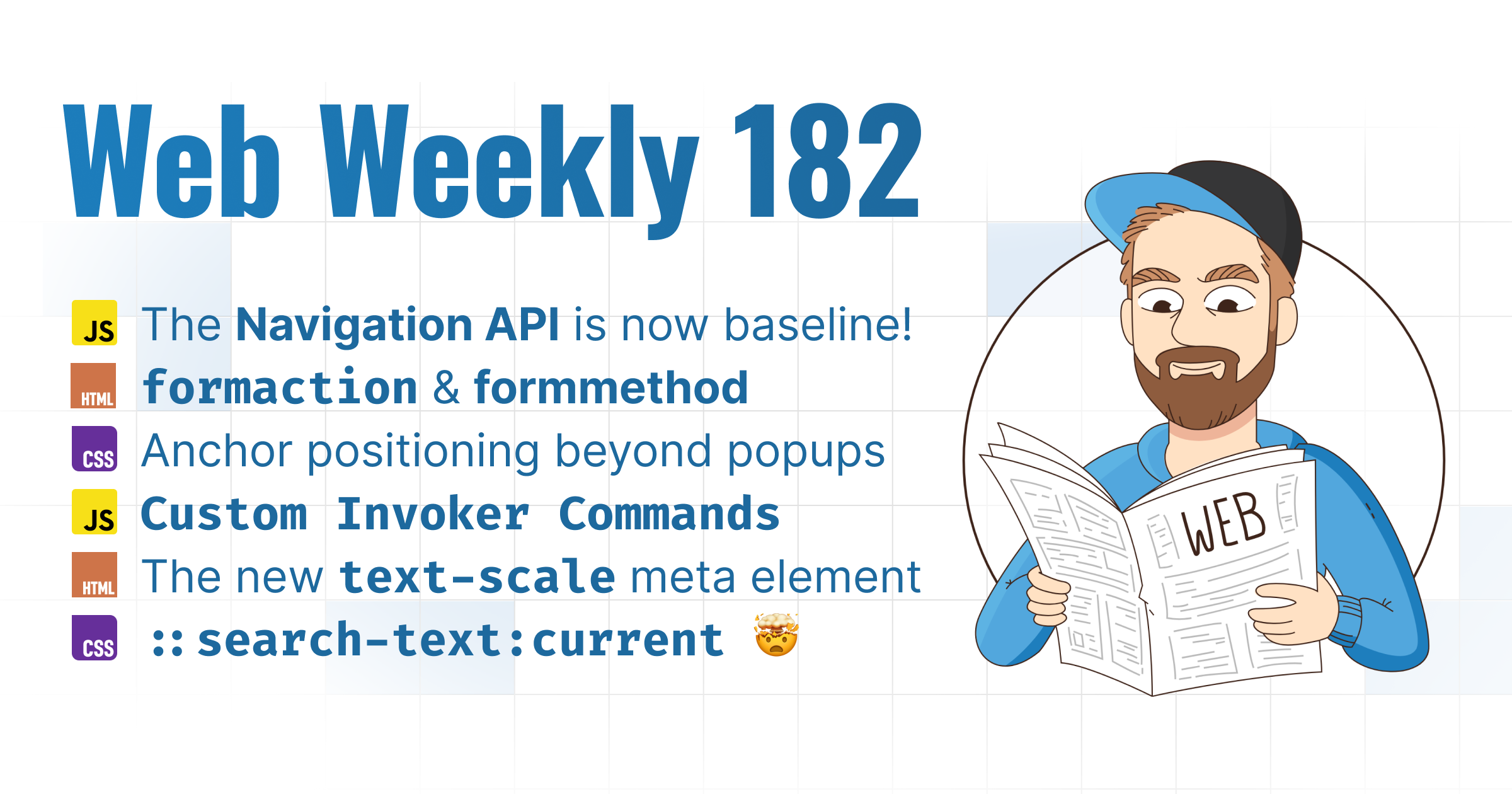A userland React hook for managing global state
Written by Stefan Judis
- Published at
- Updated at
- Reading time
- 1min
Yoav Kadosh shared a very useGlobalState React hook.
const store = {};
const listeners = {};
function useGlobalState(key, initialValue) {
const [state, _setState] = useState(store[key] || initialValue);
const setState = useCallback((stateOrSetter) => {
let next = stateOrSetter;
if (typeof stateOrSetter === "function") {
next = stateOrSetter(store[key]);
}
listeners[key].forEach((l) => l(next));
store[key] = next;
}, []);
useEffect(() => {
// Store the initial state on the first call with this key
if (!store[key]) {
store[key] = initialValue;
}
// Create an empty array of listener on the first call with this key
if (!listeners[key]) {
listeners[key] = [];
}
// Register the observer
const listener = (state) => _setState(state);
listeners[key].push(listener);
// Cleanup when unmounting
return () => {
const index = listeners[key].indexOf(listener);
listeners[key].splice(index, 1);
};
}, []);
return [state, setState];
}
You can then use the defined useGlobalState hook to share or update application state across components. 💪
const [state, setState] = useGlobalState('someUniqueKey', INITIAL_STATE);
Are there downsides to this pattern? I don't know, and I'm a little puzzled why I haven't seen this userland hook before, but if you think useGlobalState is a bad idea, let me know!
If you want to learn more, Yoav explains how it works on his blog!

If you enjoyed this article...
Join 6.5k readers and learn something new every week with Web Weekly.
Reply to this post and share your thoughts via good old email.
